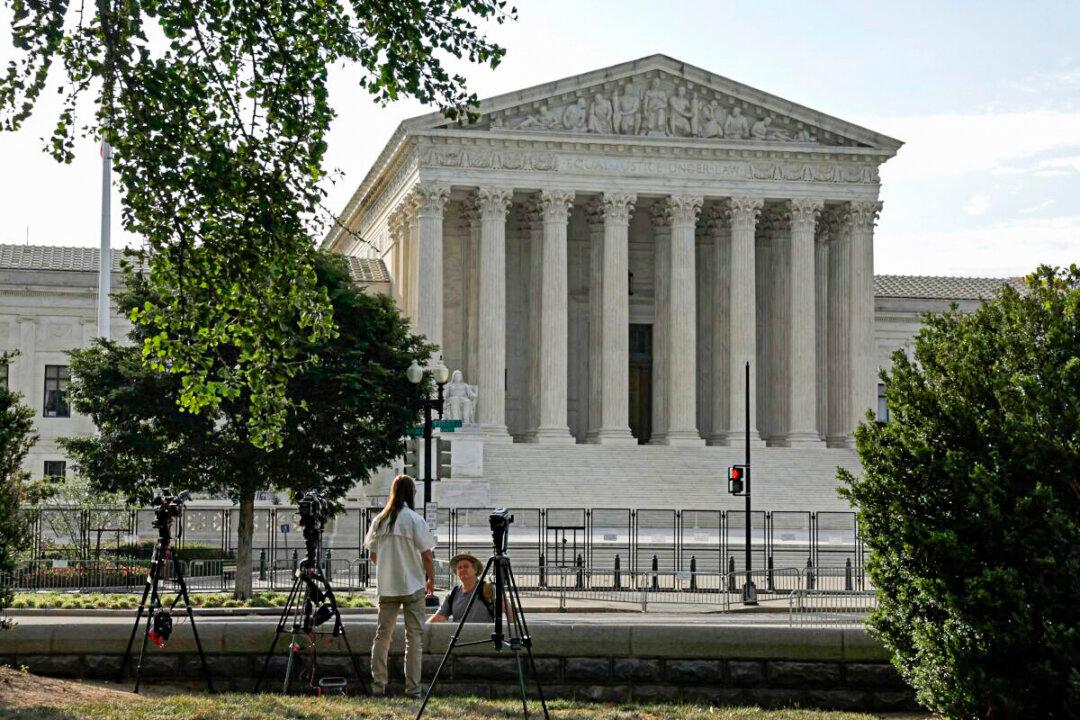The Supreme Court’s June 24 decision to strike down Roe v. Wade, delivering the ability to regulate abortions back to the states, will motivate a variety of voters, according to a new poll.
The move will make some voters more likely to vote Republican in the upcoming midterm elections, but will drive others to Democrat candidates, according to the survey.





